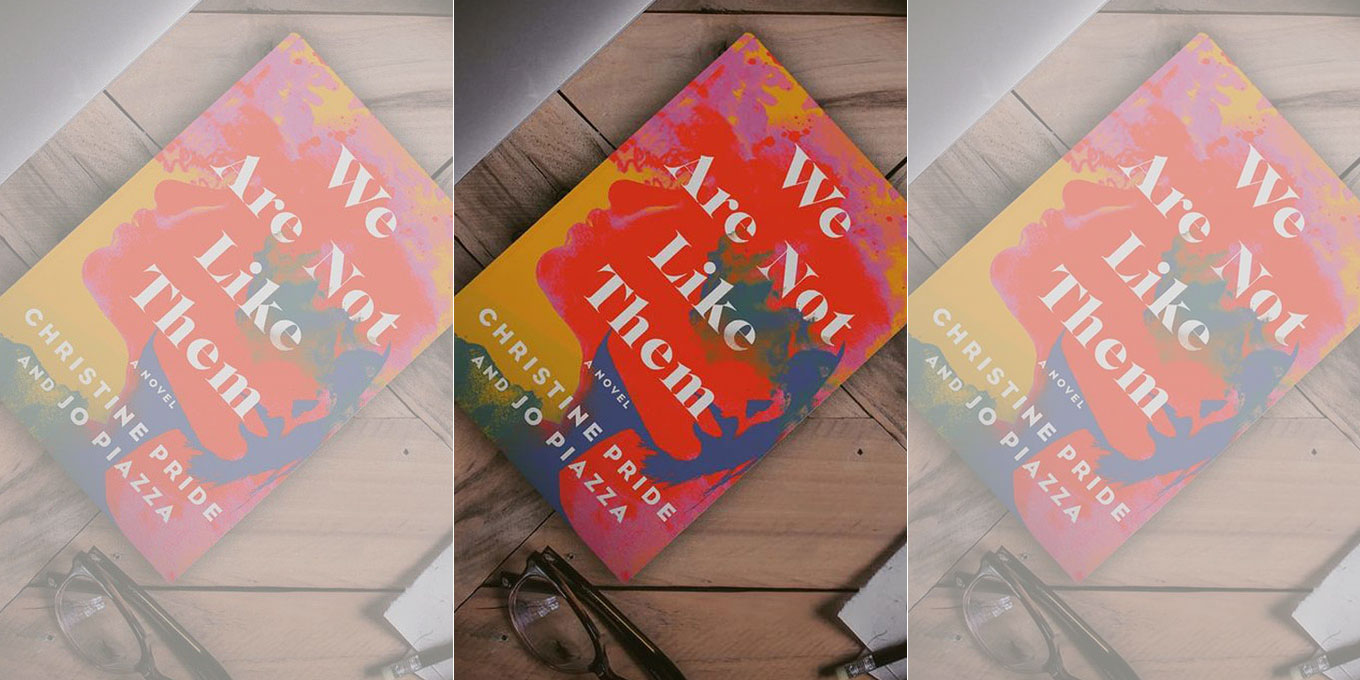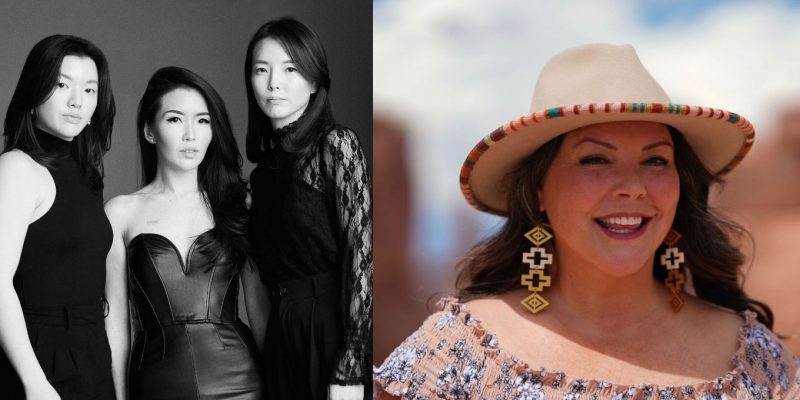Culture
An Interracial Friendship Is Put to the Test After a Terrible Event
We Are Not Like Them’s two authors—one white, one Black—collaborated to tell a multi-perspective story about friendship and race.
by : ELLE Canada- Oct 20th, 2021
Christine Pride and Jo Piazza decided to take their editor-writer relationship to new places when they collaborated on We Are Not Like Them. The novel tackles race, trauma and friendship from the alternating perspectives of best friends Jen (who is white) and Riley (who is Black) after Jen’s police officer husband is involved in the shooting of an unarmed Black teen. We spoke to Pride and Piazza about their own interracial collaboration, what it means to approach characters thoughtfully and the importance of having open conversations.
The issue of race obviously exists between Riley and Jen, and it’s not always addressed straightforwardly between the characters. How much of that discussion did you have to have as writers?
Christine Pride: “A lot! As friends and as individual women, we had not had a meaningful conversation about race, so, in a way, what Riley and Jen go through does mirror that. These characters were friends from such a young age, and you’re not really talking about race at five or 10 years old necessarily. Then, by the time their lives diverged, there was really no way to have these fluid conversations until this thing happens that forces them. For Jo and I, the parallel is that this book happened and forced us to talk. It really was art imitating life in that way.”
There’s a larger conversation in literature about representation—for example, white writers writing black characters. Do you have any thoughts about this based on your own experience writing this book?
Pride: “As a Black writer, I am sensitive to it, that sense of ownership. In collaborating, I think we provided a shield for each other, which just happens when you’re collaborating insofar as we were each other’s built-in sensitivity readers. I think writing this book made us both more sensitive to that conversation, but, ironically, I felt more sensitive to the idea that writers have to work so hard to get it right. I think the pitfall for me is not this unilateral ‘no white person should be writing a Black character or vice versa,’ but the motivation for doing it has to be really clear. What do you hope to achieve? Also, you really have to go above and beyond to ensure that this voice is true to life experience. You have to go the extra mile to capture that since it’s not your own.”
Jo Piazza: “We also had a lot of different early readers. Frankly, we know that a lot of writer circles are very white. They have to get out of their comfort zones, and publishing houses need to as well. Instead of just calling in a random sensitivity reader, the whole process all the way through needs to have more diverse voices and input to ensure the writing is sound.”
What do you hope readers get from this novel?
Pride: “People are going to assume that we have an agenda. Knowing we needed to overcome that barrier, it was important to us that anybody who picked up this book would feel that it was very character-driven and that we hadn’t produced a morality tale. What we want people to be rooting for is the friendship. Will this friendship survive? How? What will they do? It’s this relationship that we hope readers are invested in.”
Piazza: “We wanted to put the focus on friendship—it’s so important, and we don’t see it enough in literature. We hope readers walk away from this book knowing they can start conversations. If we had any goal, it was for these two women to find a way through so that other people can get through it too, with open conversations and honesty and showing up and putting in the work.”
Be sure to pick up We Are Not Like Them for a compelling story about friendship and race.
Newsletter
Join our mailing list for the latest and biggest in fashion trends, beauty, culture and celebrity.
More from Culture
Read Next

Fashion
Reitmans and The Birds Papaya Just Dropped The Dreamiest Spring Collection
Welcome to Sarah's Playhouse.
by : Melissa Fejtek- Apr 22nd, 2024

Decor
11 Zero Waste Decor Picks To Elevate Your Living Space
These brands are transforming waste materials into stylish products for your home.
by : Maca Atencio- Apr 22nd, 2024

Culture
This Maple Whipped Tofu Toast Is Unreal
Light, fluffy with a touch of zest, this maple syrup-infused toast is a slice of heaven.
by : Margaux Verdier- Apr 9th, 2024






